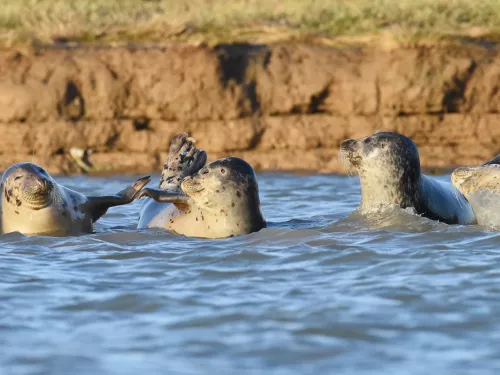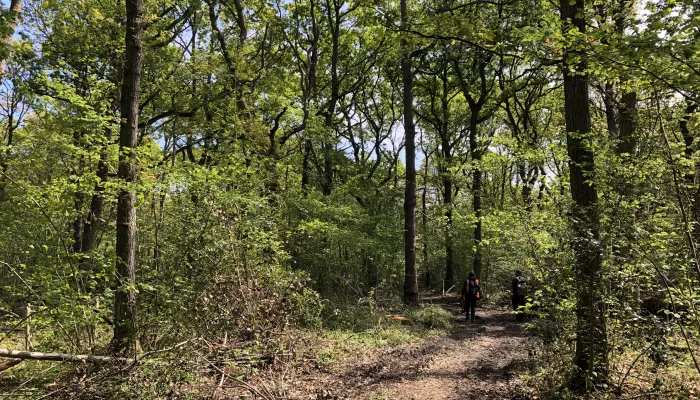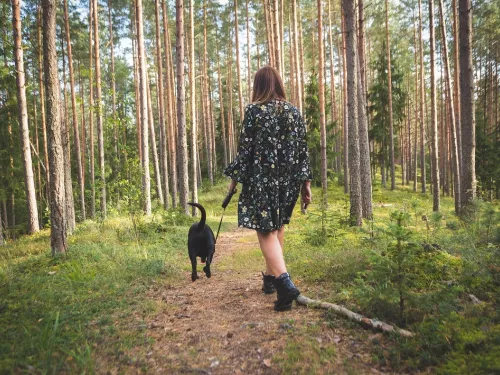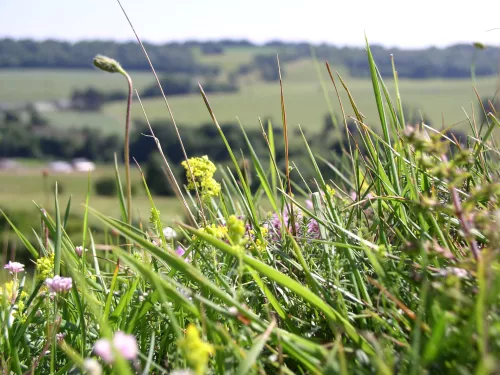
How to watch seals safely
Seals can be disturbed if people or dogs get too close, cause too much noise, or startle them. Disturbance can happen from the land, sea, and air - so we need to watch them with caution.

General guidance for visiting our nature reserves so you can make sure you have a great time while respecting wildlife and leaving the habitat in the best possible state.
Kent is home to so many beautiful reserves, all of which provide shelter and food for a myriad of amazing wildlife. As we know, the climate crisis has had a big impact on many species, nationally and internationally. At the local level, our own presence on reserves is also having a direct impact and compounding these issues - and with some simple actions, we can reduce these impacts and protect our wildlife.
The Countryside Code is the most well-known guide to enjoying parks, waterways, coast and countryside. It provides a simple overview to guide everyone visiting the countryside:
When you visit our reserves, remember to read all the signs that you pass. They will give you important information (e.g. sudden drops, farm sprays in use or livestock presence). In order to share our spaces without causing harm, it is very important that we follow the countryside code and obey all signage we pass.
We have implemented parking charges at some of our reserves. All of the proceeds go towards managing the reserves so that people can enjoy nature and so that wildlife can survive and thrive.
Recently, Kent Wildlife Trust has been getting more and more reports about disturbance related from dogs, resulting in injuries and often death for our livestock and the spread of disease. Below, please find specific advice about this issue.
Sharing our wild spaces with our dogs and wildlife
Unfortunately, the natural behaviours of our canine friends can damage our wild spaces, so we need to take action to protect our pets and our wildlife.
In what ways do dogs harm our wildlife reserves?
We want everyone to have a wonderful time when visiting our reserves. If you'd like to help us ensure these beautiful spaces continue to support wildlife for generations to come please donate or join us as a member. Thank you!

Seals can be disturbed if people or dogs get too close, cause too much noise, or startle them. Disturbance can happen from the land, sea, and air - so we need to watch them with caution.

While the vast majority of people who visit our reserves, do so respectfully, we have seen an increase in anti-social behaviour. Please help us by reporting damage to us immediately and if you see anything suspicious, call the police.

Kent Wildlife Trust has produced a set of habitat management advice leaflets, funded by Arcadia. These can be downloaded below.